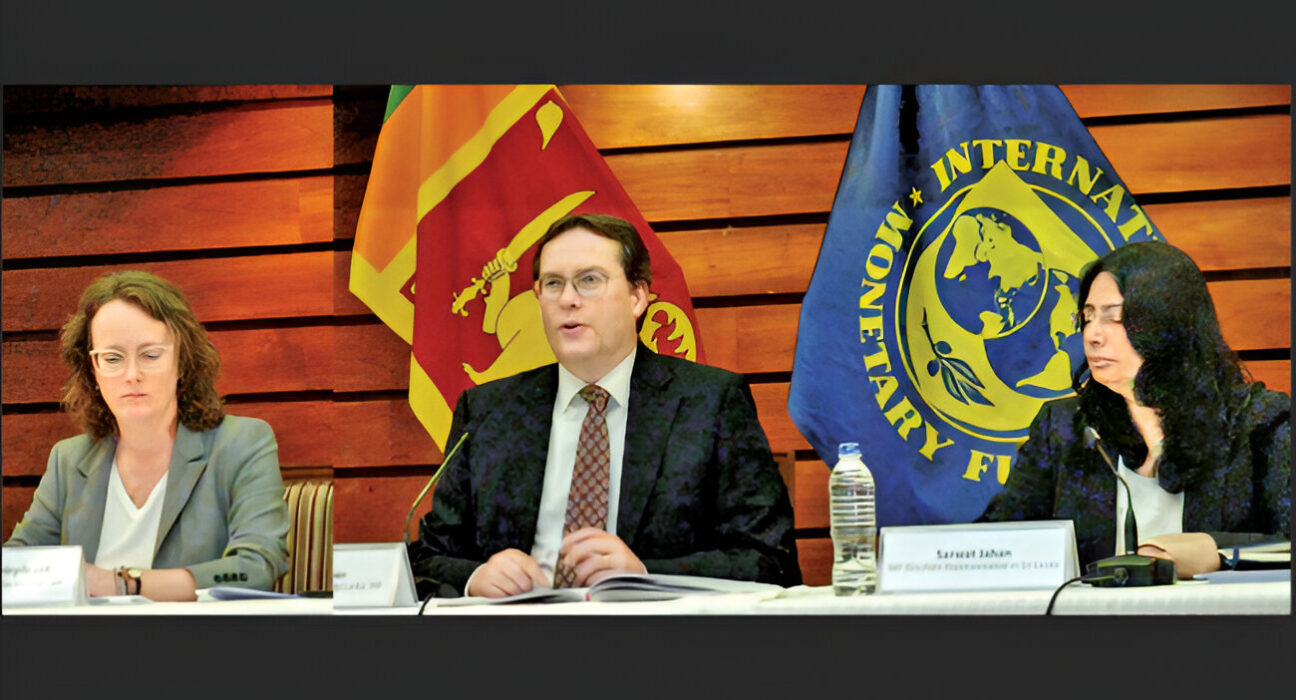The International Monetary Fund (IMF) has reported positive signs of economic recovery in Sri Lanka. After a period of contraction, the country’s growth turned positive in the latter half of 2023, reaching 1.6% and 4.5% in the third and fourth quarters, respectively. This improvement is attributed to a pick-up in key sectors like manufacturing, construction, and services.
Furthermore, inflation has significantly dropped from a peak of 70% in September 2022 to 5.9% in February 2024. Additionally, Sri Lanka’s foreign exchange reserves have seen a substantial increase to $4.5 billion. These positive developments are credited to ongoing reforms implemented with IMF support.
The IMF emphasizes the importance of continued reform efforts to ensure long-term economic stability. Priorities include the introduction of a property tax and other revenue-generating measures to strengthen public finances. Additionally, maintaining cost recovery in fuel and electricity pricing is crucial to reduce fiscal risks.
The IMF acknowledges the progress Sri Lanka has made in implementing reforms, highlighting achievements such as rapid inflation reduction, increased foreign exchange reserves, and early signs of economic growth. These successes have been achieved while maintaining financial system stability.
Despite the positive outlook, some structural reforms remain ongoing. The IMF acknowledges that not all targets were met on time, but most benchmarks were either achieved or implemented with a slight delay. The final disbursement amount for Sri Lanka was determined by considering the country’s economic situation and anticipated donor funding.
In conclusion, Sri Lanka’s economic recovery is underway, supported by ongoing reforms and IMF assistance. While challenges remain, the country appears to be on a positive trajectory towards a more stable and sustainable future.
